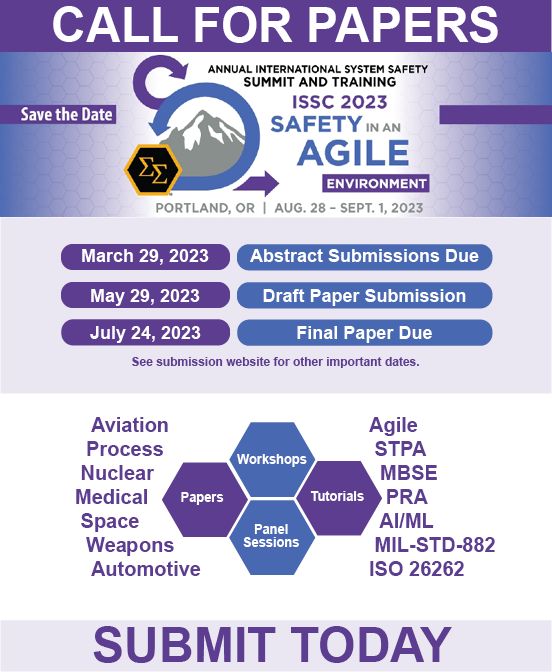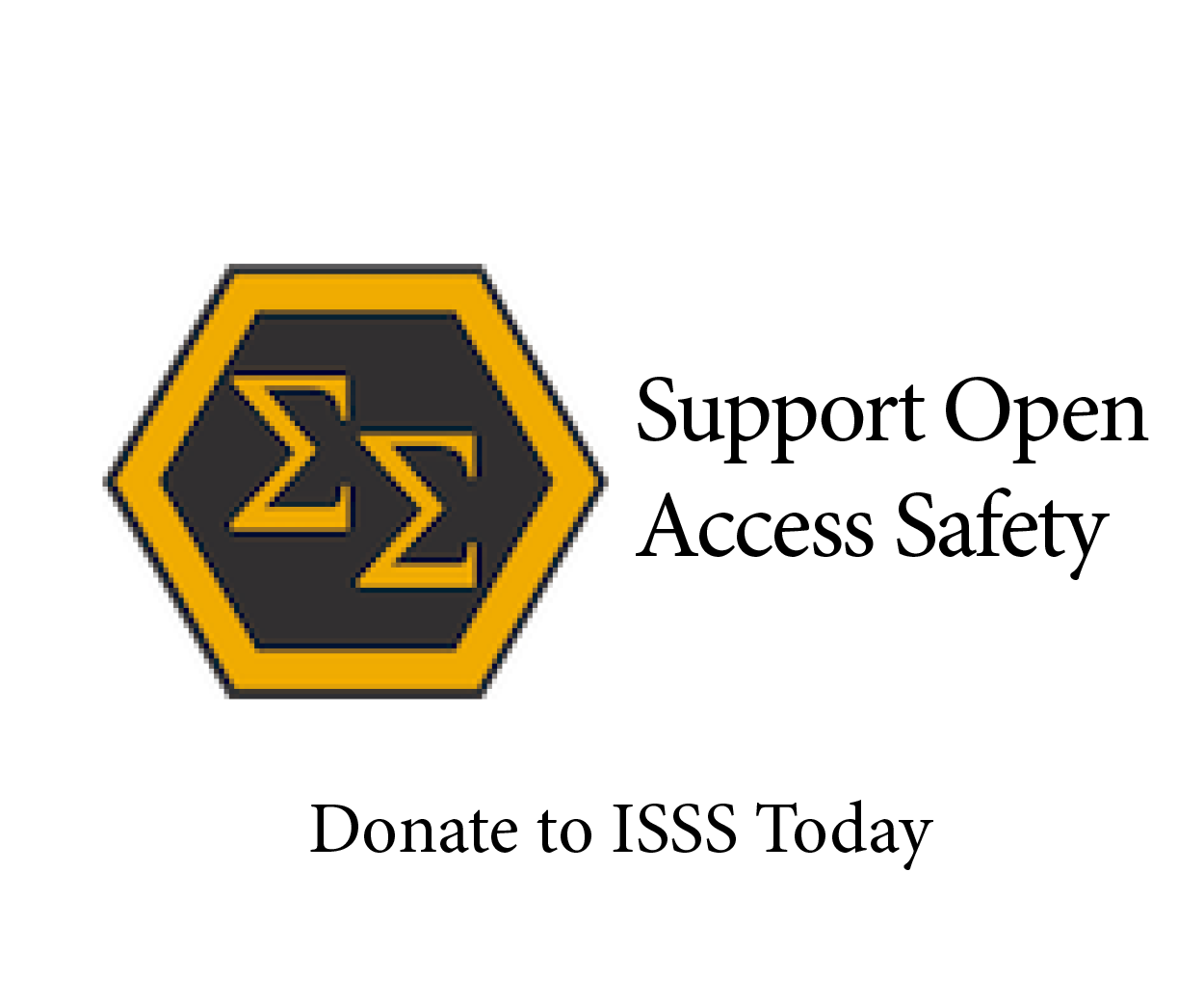Reduction of Normalization of Deviation (NoD) Using a Socio-Technical Systems Approach
DOI:
https://doi.org/10.56094/jss.v59i1.274Keywords:
normalization of deviation, systemic model of normalization of deviation, socio-technical systems, socio-technical systems approachAbstract
Normalization of deviation (NoD), also known as normalization of deviance, is the process in which deviations from correct or proper decisions, behaviors, or conditions important for safety insidiously become the accepted norm over time. NoD is a common, risky, yet elusive issue causing or contributing to numerous accidents in multiple industries. Effective reduction of NoD is therefore a major opportunity. Approximately 10 years ago, Boeing developed a general systemic model of NoD based on a socio-technical systems approach. It is a representation of how multiple internal and external factors inherent to socio-technical systems interact in a dynamic fashion leading to NoD. It holistically captures the essence and complexity of the problem. The model has been shared across Boeing and with three customer airlines of Boeing. Specific systemic models of NoD associated with specific problems were developed based on the general systemic model. Subsequently, NoD awareness training, methods, tools, processes, and solutions based on those models have been developed. They were provided and/or used to improve workplace safety at Boeing and aviation safety at one of the three airlines. All the efforts have resulted in unprecedented insights, and some have seen significant reduction of NoD, NoD-related incidents, and NoD-related safety risks.
References
The Boeing Company. (2017). Runway Situation Awareness Tools. Retrieved from https://www.icao.int/Meetings/GRSS-2/Documents/Panel%207/P7.3_RSAT%20 2017%20Updates%20with%20RAAS.pdf
Columbia Accident Investigation Board. (2003). Columbia Accident Investigation Board Report. Retrieved From: https://history.nasa.gov/columbia/CAIB_reportindex.html
Consultant. (2008). Interview: Diane Vaughan sociologist, Columbia University. Retrieved from http://www.consultingnewsline.com/Info/Vie%20du%20Conseil/Le%20Consultant%20du%20mois/Diane%20Vaughan%20(English).html
IATA, IFALPA, IFATCA, & CANSO. (2017). Unstable approaches: Risk mitigation policies, procedures and best practices (3rd ed.). Retrieved from https://www.iata.org/contentassets/7a5cd514de9c4c63ba0a7ac21547477a/iata-guidance-unstableapproaches.pdf
National Transportation Safety Board (NTSB). (2015). Aircraft accident report: Runway overrun during rejected takeoff Gulfstream Aerospace Corporation G-IV, N121JM Bedford, Massachusetts May 31, 2014. Accident Report NTSB/AAR-15/03 PB2015-105492. Washington, DC: The Author Retrieved from https://www.ntsb.gov/investigations/AccidentReports/Reports/AAR1503.pdf
Rosenkrans, W. (2015). Normalization of deviance. AeroSafety World, June. Retrieved from https://flightsafety.org/asw-article/normalization-of-deviance/
Smith, M., & Curtis, B. (2013). Why are go around policies ineffective? EUROCONTROL Go-around Safety Forum 2013, June 18, 2013, Brussels. Retrieved from https://skybrary.aero/sites/default/files/bookshelf/2309.pdf
Vaughan, D. (1997). The Challenger launch decision. Chicago, IL: University of Chicago Press. https://doi.org/10.7208/chicago/9780226346960.001.0001

Downloads
Published
How to Cite
Issue
Section
License
Copyright (c) 2024 Xidong Xu, Ph.D., Richard Gardner, MS, Masood Karim, MS, Anthony Mixco, Ph.D., Mohammad Mojtahedzadeh, Ph.D., John Palmer, Tom Sultze, MS, Xiaoxi Wang, Ph.D., David Jackson, MS, Mathieu King, Sam Chen, Xiaoyu Hu, Dennis Lee, Rey Tang, Jay Wang, Wei Yang, MS, Tim Zhu, Jibo He, Ph.D.

This work is licensed under a Creative Commons Attribution-NoDerivatives 4.0 International License.













